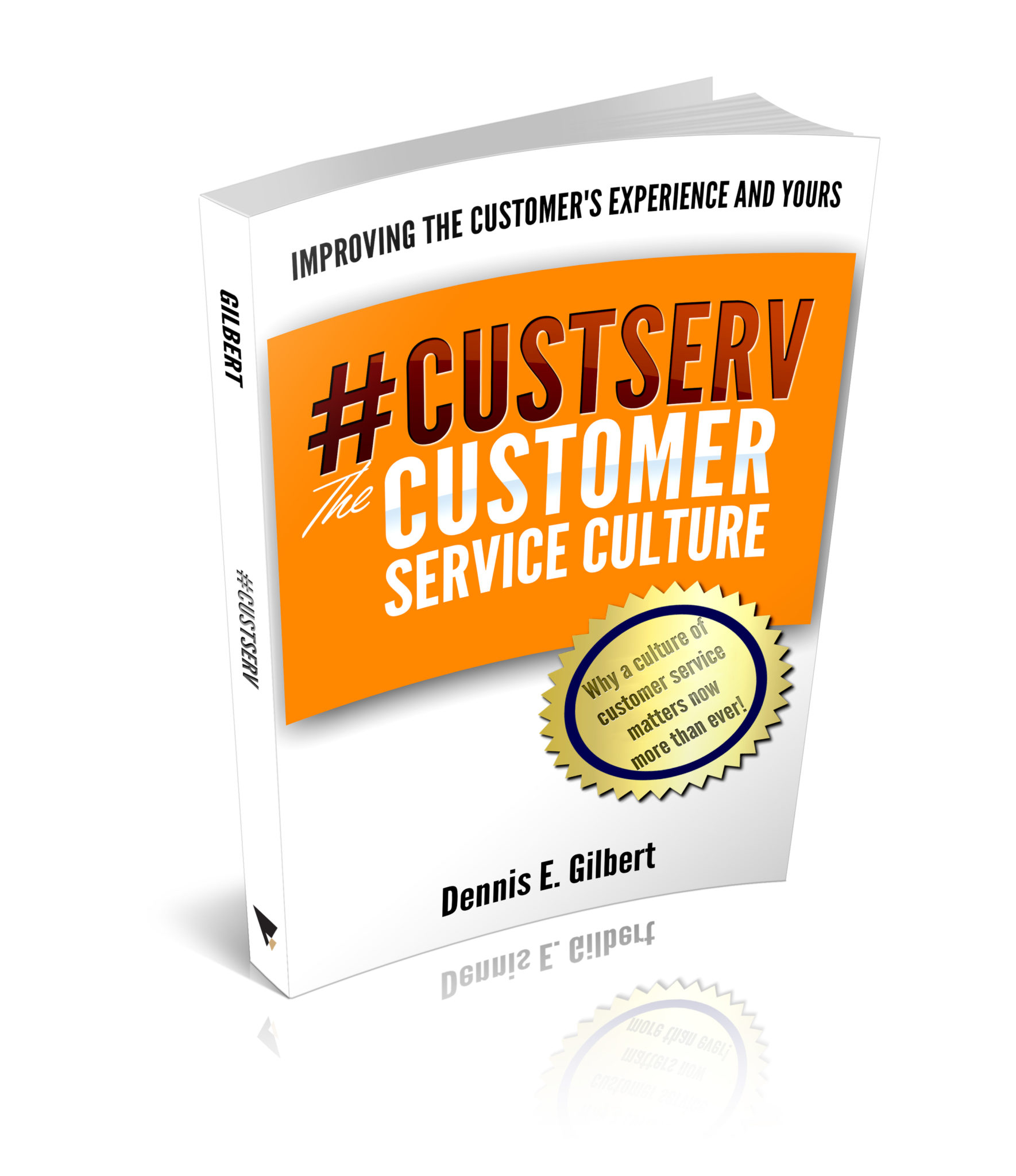
Good Service Done Right, Can You Find It?
It seems that there are universal truths about many things in life. Are there universal truths about customer service? Can we still get good service done right?
Many believe that it is a very interesting time for small businesses, franchise holders, and non-profit organizations. Likely, there are no limits on size, shape, or even sector. It could be your small town dentist office, a large-scale telecommunications provider, or the 1940’s railcar dinner.
Today, as frustrations mount with poor service, the desire for good service increases. Repetitive breakdowns cause people to seek something better. Rejection may lead to obsession, and stories of poor service lead to a new quest to find the exceptions.
Universal Truths
What are some of the universal truths about good service? What are organizations doing to deliver?
They are:
- Timely
- Responsive
- Caring
- Kind
- Honest
- Trustworthy
- Valued
- Considerate
- Forthcoming
- Well-managed
- Respected
- Active
- Participative
- Decisive
- Resourceful
Perhaps this represents just a handful of the qualities that make things go more right, instead of wrong.
Wrong Things First
It is easy for organizations to focus on the wrong things first. By choice, they often focus on self-protection, cheapest to spec and good enough to close the sale.
These choices often become values and traditions. The traditions the organization holds on the inside. Their dirty laundry and the things they stuff in the closet.
They aren’t broadcast or made public, at least not in the written form. Customers quickly figure it out though, and they are just as quick to tell others or jump to a social media channel to spread the word.
Unfortunately, it is the evolution, the life cycle and a self-created destiny.
Good Service
For the organization that wants to change, the one that wants to grow its base, build a new reputation, and deliver good service, it often becomes about a process of unlearning.
Unlearning the bad habits, unlearning the self-protection factors that restrict quality and removing of the mindset of building or delivering to the cheapest spec wins.
Why is all of this important? It is important because there is a difference between done and done right.
– DEG
Dennis E. Gilbert is a business consultant, speaker (CSPTM), and corporate trainer that specializes in helping businesses and individuals accelerate their leadership, their team, and their success. He is a five-time author and some of his work includes, #CustServ The Customer Service Culture, and Forgotten Respect, Navigating A Multigenerational Workforce. Reach him through his website at Dennis-Gilbert.com or by calling +1 646.546.5553.










